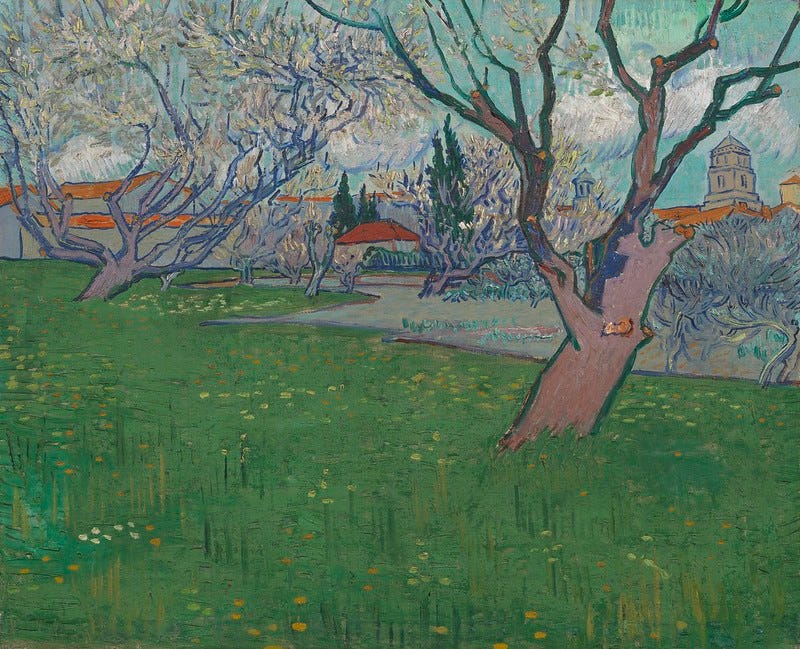Brain Food #705
We rush to live in the future when there is so much to live in the present
Thoughts of the day
Quite often, we might hear the phrase ‘we live in the future’, the world as it was once only imagined by sci-fi writers. Space travel, virtual reality, digital currencies, alternative worlds built and bought in the metaverse, the word ‘meta’ itself meaning ‘beyond’, ‘after’, ‘across’ in its Greek origins.
Thinking about the future is a process described by scientists as “prospection” - our ability to fantasise and imagine what we will need at some distant point in time, so we can start preparing for it today. Thinking about the future makes life meaningful, and exciting. Yet, when constantly doing so, one has to wonder how much we leave behind in the past.
We rush to live in the future when there is so much to live in the present. The relation between future and present is that the future is being built today, at this very moment. We all have a responsibility towards it, but we do not have to be in it just yet. The present can disappear so fast and never come back if it is constantly overlooked.
Tom Stoppard, in his play The Coast of Utopia:
“Because children grow up, we think a child’s purpose is to grow up. But a child’s purpose is to be a child. Nature doesn’t disdain what lives only for a day. It pours the whole of itself into the each moment. We don’t value the lily less for not being made of flint and built to last. Life’s bounty is in its flow. Later is too late. Where is the song when it’s been sung? The dance when it’s been danced? It’s only we humans who want to own the future, too. We persuade ourselves that the universe is modestly employed in unfolding our destination. We note the haphazard chaos of history by the day, by the hour, but there is something wrong with the picture. Where is the unity, the meaning, of nature’s highest creation? Surely those millions of little streams of accident and willfulness have their correction in the vast underground river which, without a doubt, is carrying us to the place where we’re expected? But there is no such place. That’s why it’s called Utopia."
Orchards in Blossom, View of Arles by Vincent van Gogh, painted in 1889. Ironically, the orchards seem barren, the dark green of the grass juxtaposing, and almost diminishing the lighter colours of the branches. The painting is telling us to be patient. It takes some imagination to see what will come next, but this moment was still important enough to capture.
Thank you for reading today’s Brain Food. Brain Food is a short daily newsletter that aims to make you think every day, without taking up too much of your time. If you know someone who would like it, why not forward it to them? And if you have just come across Brain Food, you can subscribe to it below:
For longer thoughts and Brain Food highlights from the archives, visit Medium.

